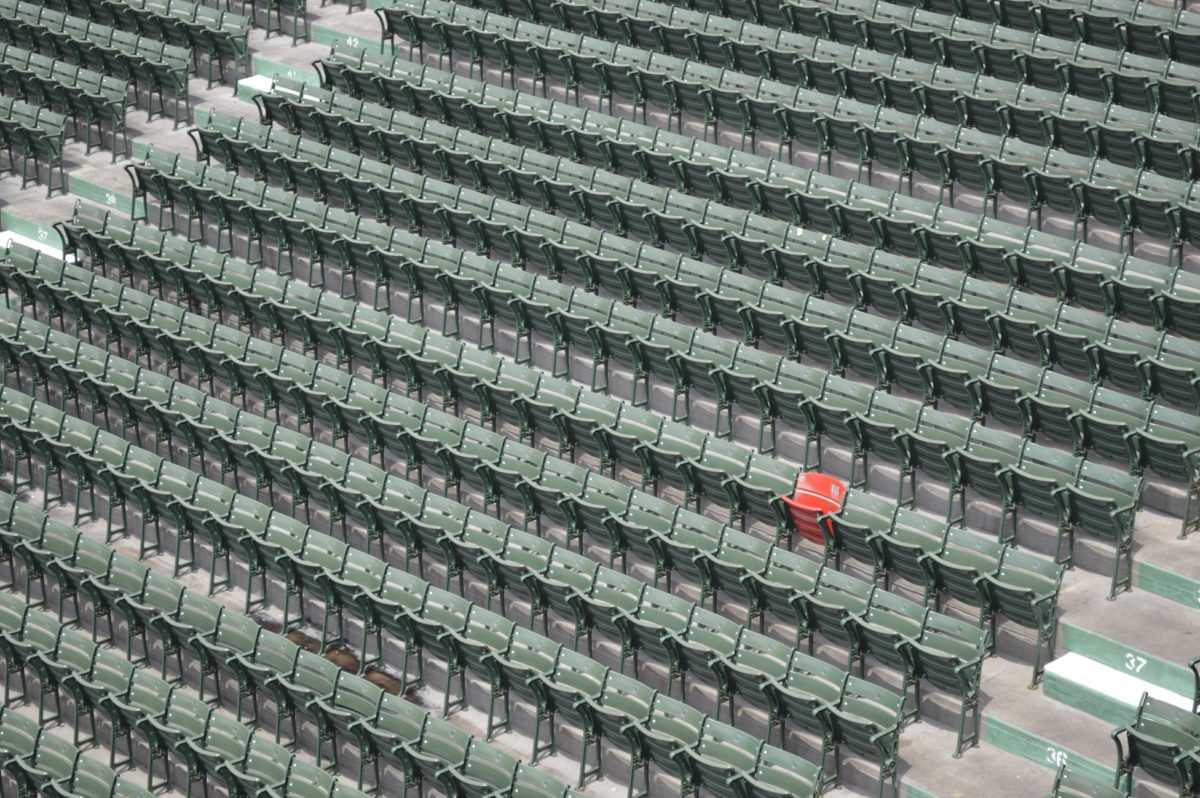New State of Emergency Leaves Olympics Without Spectators

Credit: Unsplash
A last minute state of emergency has forced the Tokyo Olympics to backtrack to a previous plan.
Despite numerous setbacks and the worrying state of the COVID-19 pandemic in Japan, the Tokyo Summer Olympics are still scheduled to be held from July 23 to August 8, rain, shine, or viral outbreak. After numerous compromises, the organizers of the event and the Japanese government came to an agreement that spectators would be permitted at the games, but only Japanese citizens, and in strictly controlled numbers. Unfortunately, it seems even this compromise has been stymied.
The Japanese government announced today that they would be reimplementing their COVID-19 state of emergency protocols due to surges of the disease in Tokyo. Yesterday, the government reported 920 new COVID-19 cases in Tokyo, a new single-day case record. Medical advisor Dr. Shigeru Omi stressed that “infections are in their expansion phase and everyone in this country must firmly understand the seriousness of it.”
As a result of the revived state of emergency, the Olympic organizers have been forced to walk back their compromise, once again leaving the games with no spectators at all. “It is regrettable that we are delivering the Games in a very limited format, facing the spread of coronavirus infections,” said Tokyo Olympics President Seiko Hashimoto. “I am sorry to those who purchased tickets and everyone in local areas.”
Reversing course, Japan will ban all spectators from Olympic venues in and around Tokyo.
*no spectators in Tokyo and surrounding 3 prefectures
*spectators capped at 10,000 or 50% for games in Miyagi, Fukushima, and Shizuokahttps://t.co/vhCh2wkpBB— Julia Mio Inuma (井沼ジュリア) (@juliaminuma) July 8, 2021
The organizers have created a detailed plan to keep the incoming Olympic athletes as sheltered from the Japanese populace as possible during the games and in the days leading up to them. Measures include daily testing for “Level 1” staff, including coaches, officials, and the athletes themselves, isolation bubbles, and careful screening.
Some Olympic representatives are holding out hope that the state of emergency can be rescinded before the games begin. “In the event that a state of emergency or other priority measures aimed at preventing infection are implemented at any time after July 12,” they said, “restrictions on spectator numbers at the Games, including non-spectator competitions, will be based on the content of the state of emergency or other relevant measures in force at that time.”



















